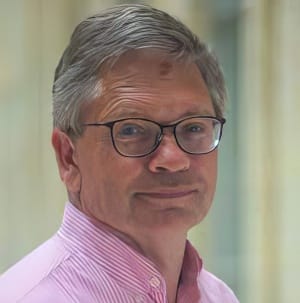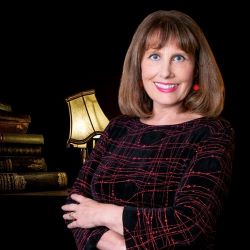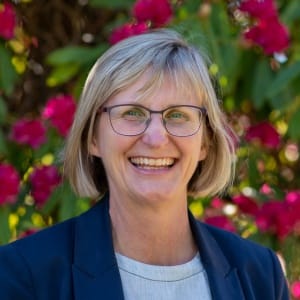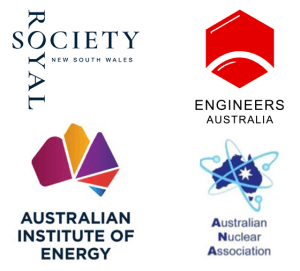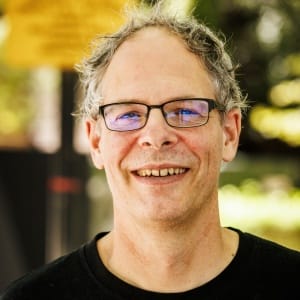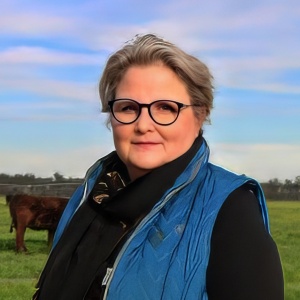The Royal Society of NSW Forum 2012
“The influence of media on scientific research”
Mark Scott AO, Managing Director of the ABC, and Professor Jill Trewhella FRSN, Deputy Vice-Chancellor (Research) at the University of Sydney
Wednesday 4 April 2012 at 6.30 pm
Powerhouse Museum, Ultimo
Meeting report by Donald Hector
The Society’s second annual Forum was held on Wednesday 4 April at the Powerhouse Museum. The discussion was between Mark Scott AO, Managing Director of the ABC and Professor Jill Trewhella FRSN, Deputy Vice Chancellor, Research and Innovation at Sydney University. The topic of the discussion was “The influence of media on scientific research”. The forum was moderated by Robyn Williams AM of the ABC.
Mark pointed out that the role of national broadcasters (originally established to produce programmes that commercial companies could not or would not) has changed very significantly. The internet has made available thousands of TV and radio stations worldwide. The consumer is flooded with content. Gone are the days when listeners needed a licence – now all that is necessary is an internet connection. Nor are there barriers to entry for broadcasters. There are over 200 million web-sites worldwide and 60,000 blogs are introduced to the internet every day.
The role of the ABC is now even more important than it was formerly. It now provides a “town square” for content and opinion. It provides a broad plurality of views. Whereas the challenge for science is the narrowness of focus of much research is, the ABC provides a place where there is breadth not narrowness of interest. The gap between the ABC and content providers is growing every day due to the challenge facing commercial providers in delivering a profit in a rapidly changing media sector. The challenge for scientists is to become effective communicators and, particularly, to cultivate interest among journalists.
Jill said how important it was to have institutions like the ABC that produce quality content and encourage public education and debate. The key roles of the media are to educate, to inspire and to promote public discourse, particularly as the world faces critical issues, not least the state of the natural world.
Nonetheless it is regrettable that the media often confuse opinion, fact and belief. Too much of the current debate focuses on belief. But belief is not important in many issues – what is important are matters of fact. This is particularly significant in major issues such as health and climate change where scientific knowledge is important. For example, in health investment in research is generally seen as overwhelmingly good. And it probably is but what about the unavoidable trade-offs in research in other areas? It is also regrettable that advertising is a major influence on public opinion and political processes.
Robyn then moderated a discussion that included questions from the audience and covered such issues as the “priesthood status” of peer-review, the polarisation of public opinion, climate change, the state of critical argument in Australia and the necessity for the scientists to produce a compelling story in order to engage the media.
The Forum was broadcast on ABC Radio National’s Big Ideas on Thursday 17 May 2012: click broadcast to download the programme.


